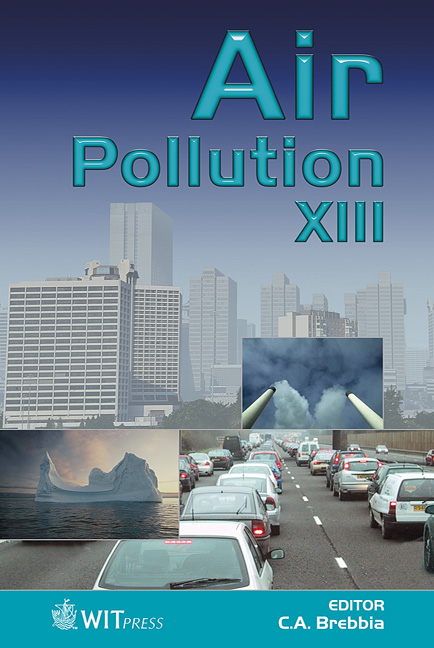Consultation For Local Air Quality Management In The UK: Opportunities For And Barriers To Successful Science Communication
Price
Free (open access)
Transaction
Volume
82
Pages
9
Published
2005
Size
344 kb
Paper DOI
10.2495/AIR050151
Copyright
WIT Press
Author(s)
P. Dorfman, C. Beattie, F. Burnet, D. Gibbs, J. Longhurst, E. Weitkamp & N. Leksmono
Abstract
Dialogue with the public is no longer an optional add-on to science policy-making. In line with this more inclusive approach, local authorities in Great Britain have, for the first time, been advised to consult with relevant stakeholders as part of the Air Quality Management process (Schedule 11, Environment Act, 1995). This represents one of, if not the, largest locally based science communication exercises ever undertaken in GB. Local Air Quality Management (LAQM) assesses at a local level whether health-based air quality objectives are likely to be exceeded. Where objectives are not going to be met, and members of the public are exposed to elevated concentrations of pollutants, local authorities are required to declare Air Quality Management Areas and put in place Air Quality Action Plans to improve local air quality. Consultation on air quality issues ranges from information dissemination (websites, leaflets to local residents etc) to fully inclusive two-way consultation exercises (focus groups, citizens jury’s etc.). This paper provides some early considerations from an ESRC funded research project (RES-151-25-0044). The research ultimately aims to provide local authorities with comprehensive guidance on effective consultation mechanisms at different stages of the LAQM process. It is likely that this will be delivered in partnership with organisations and government already working with local authorities in the air quality management field. Although the project uses LAQM as a case study of consultation mechanisms, the outcomes will be relevant to other locally based environmental management regimes. Keywords: air quality, public participation, deliberative democracy, science communication.
Keywords
air quality, public participation, deliberative democracy, science communication.





